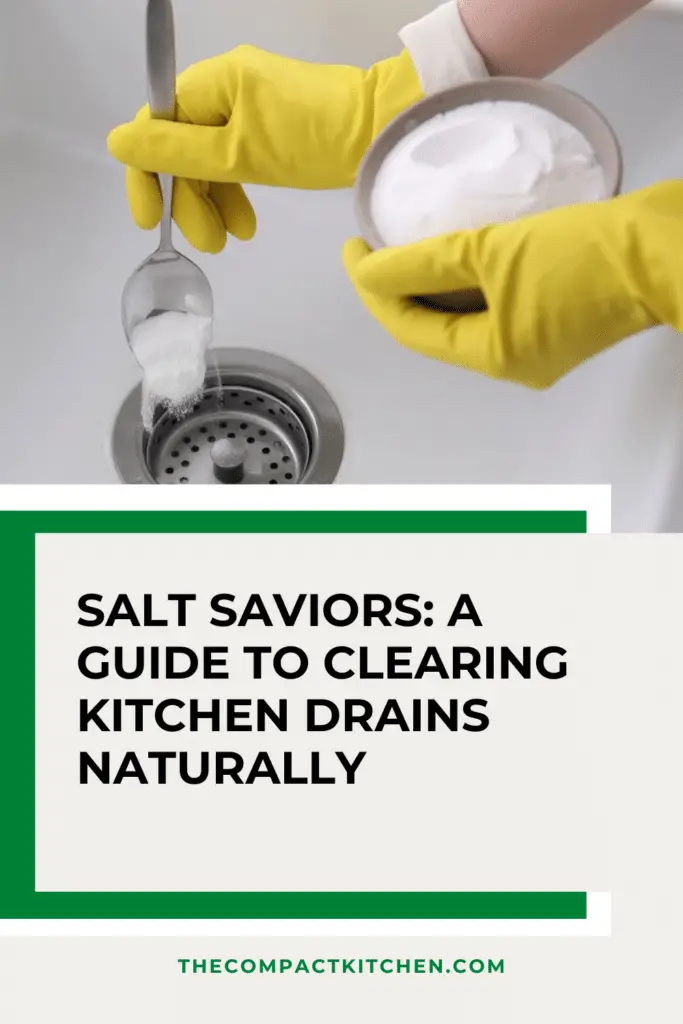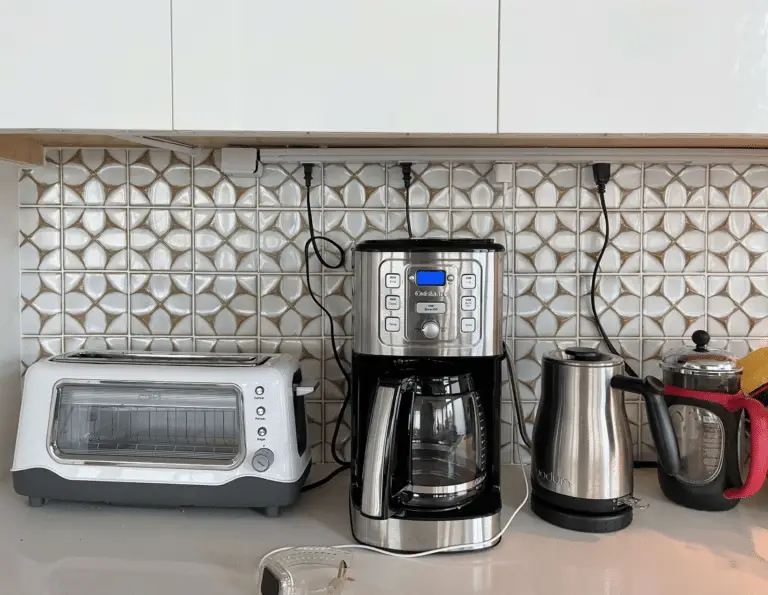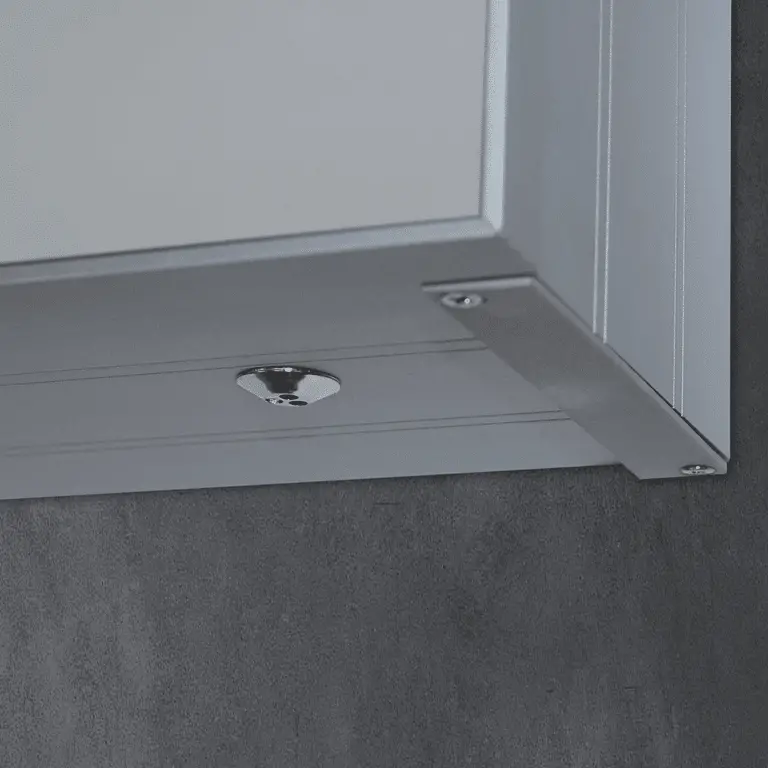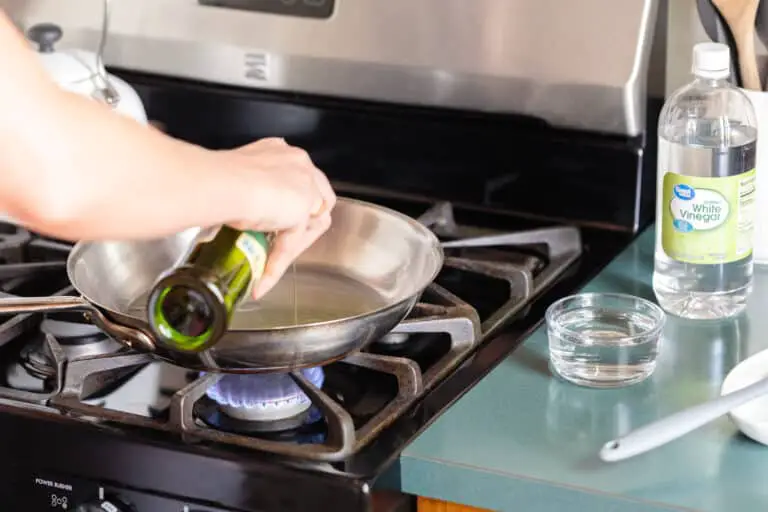Hey there! Have you ever considered the benefits of using salt for clearing your kitchen drain? In this blog post, we’ll dive into the significance of regular drain maintenance and how salt can be a game-changer in keeping your plumbing system running smoothly.
From breaking down the science behind salt’s cleansing properties to a step-by-step guide on using salt effectively, you’ll see why pouring salt down your kitchen drain is a simple yet powerful solution. Let’s explore the world of salt and drain maintenance together!

Introduction to Salt and Drain Maintenance

When it comes to keeping your kitchen drain in top shape, regular maintenance is key. That’s where common household items like salt come into play. While you might be used to sprinkling salt on your meals for flavor, it can also be a game-changer in keeping your drains clear and clog-free.
Significance of Regular Kitchen Drain Maintenance
We all know the frustration of a clogged drain ruining our day. By incorporating simple maintenance routines, such as using salt, you can prevent these issues before they even start. It’s about being proactive rather than reactive when it comes to your plumbing.
Checklist of Common Household Items Used in Drain Maintenance
When it comes to drain maintenance, you might think of harsh chemicals or expensive cleaners. However, simple items like salt can be just as effective without the harmful side effects. By using eco-friendly methods like salt, you can maintain your drains without compromising the environment.
How Salt Works in Clearing Drains
When it comes to clearing clogs in your kitchen drain, salt can be a surprisingly effective and eco-friendly solution. But how exactly does salt work its magic to keep your plumbing system flowing smoothly? Let’s dive into the science behind how salt cleans drains and the different forms of salt that can be used for this purpose.
Explanation of the Science Behind How Salt Cleans Drains
Salt works as a natural cleaner and deodorizer, making it an ideal ingredient for maintaining your kitchen drain. The abrasive texture of salt particles helps to scrub away buildup on the walls of the pipes, allowing water to flow freely again. In addition, salt has antimicrobial properties that can help to kill off any bacteria or mold that may be contributing to the clog.

When salt is combined with water, it creates a saline solution that can dissolve grease and grime, further aiding in the clearing of the drain. This makes salt an effective and safe alternative to harsh chemical drain cleaners that can be damaging to both your pipes and the environment.
Breakdown of the Forms of Salt to be Used and How They Work Within the Plumbing Systems
There are several forms of salt that can be used for clearing clogs in your kitchen drain. Common options include table salt, rock salt, and Epsom salt. Table salt is fine-grained and dissolves easily in water, making it a good option for everyday maintenance. Rock salt, on the other hand, is coarser and can be used for tougher clogs that require more abrasive action.
Epsom salt, known for its therapeutic properties, can also be used to clear drains. When dissolved in water, Epsom salt can help to break down soap scum and other organic matter that may be obstructing the flow of water through your pipes.
Regardless of the type of salt you choose to use, it’s important to follow proper guidelines for application to ensure safety and effectiveness. By understanding the science behind how salt cleans drains and selecting the right form of salt for the job, you can tackle clogs in your kitchen drain with confidence.
Step-By-Step Guide to Using Salt for Drain Maintenance

Now that you understand how salt works in clearing drains, it’s time to put that knowledge to good use with a step-by-step guide on using salt for drain maintenance. By following these detailed instructions, you can effectively clear clogs and keep your kitchen drain running smoothly.
Gather Your Materials
Before you begin the salt treatment, make sure you have all the necessary materials on hand. You will need a box of salt, preferably coarse salt, a kettle of boiling water, and a measuring cup.
Measure the Salt
Start by measuring out about half a cup of salt. Coarse salt works best for this purpose, as it can help scrub away debris and build-up in the pipes more effectively than table salt.
Pour the Salt Down the Drain

Once you have measured out the salt, carefully pour it down the kitchen drain. Make sure to pour it slowly and evenly to ensure that the salt reaches all areas of the pipes where clogs may be forming.
Add Boiling Water

After pouring the salt down the drain, follow it up with a kettle of boiling water. The hot water will help dissolve the salt and carry it further down the pipes, helping to break up any clogs or blockages that may be present.
Let it Sit
Allow the salt and boiling water mixture to sit in the pipes for at least a few hours, preferably overnight. This will give the salt enough time to work its magic and break down any stubborn build-up that may be causing the clog.
Flush with Cold Water
Once the salt treatment has had time to work, flush the drain with cold water to help clear out any remaining debris. Running cold water for a few minutes can help ensure that the pipes are clear and the clog has been successfully removed.
Safety Points to Remember
When using salt for drain maintenance, it’s important to remember a few key safety points. Avoid using chemical drain cleaners before or after the salt treatment, as this can create dangerous fumes. Additionally, always wear gloves and eye protection when working with hot water and chemicals.
By following this step-by-step guide and keeping these safety points in mind, you can effectively use salt to clear your kitchen drain and prevent future clogs. Not only is this method eco-friendly, but it can also help you save money on expensive plumbing repairs in the long run.
Benefits of Using Salt Down the Kitchen Drain

When it comes to maintaining your kitchen drain, using salt as a natural alternative can provide a multitude of benefits that not only keep your pipes clear but also help the environment in the process. Let’s delve into the advantages of incorporating salt into your drain maintenance routine.
1. Environmental Benefits
One of the key advantages of using salt for drain maintenance is its eco-friendly nature compared to chemical drain cleaners. Chemical drain cleaners contain harsh ingredients that can be harmful to the environment when washed down the drain. On the other hand, salt is a natural substance that poses minimal risk to the ecosystem. By opting for salt over chemical cleaners, you are taking a step towards reducing your carbon footprint and promoting sustainability.
2. Prevention of Clogs
Regularly using salt in your kitchen drain can help prevent clogs from forming in the first place. Salt works by breaking down grease and other debris that can accumulate in your pipes, keeping them flowing smoothly. By incorporating salt into your drain maintenance routine, you can avoid the hassle and expense of dealing with stubborn clogs down the line.
3. Prolonging the Life of Your Plumbing
By keeping your kitchen drain clear with salt, you are also extending the life of your plumbing system. Clogs and backups can put undue stress on your pipes, leading to damage and potential leaks. By using salt regularly, you are promoting the longevity of your plumbing system and reducing the risk of costly repairs in the future.
Overall, the benefits of using salt down the kitchen drain are clear. Not only does it offer an environmentally friendly alternative to chemical cleaners, but it also helps prevent clogs and prolong the life of your plumbing. Incorporating salt into your drain maintenance routine is a simple yet effective way to keep your pipes clear and your home running smoothly.
When to Call a Professional for Clogged Drains
Even though using salt for drain maintenance can be effective in clearing clogs and preventing future blockages, there are times when a clogged drain might require the expertise of a professional plumber. This section will guide you on when it’s best to call in the pros and what to expect.
Identifying Complex Clogs
While salt can work wonders on minor clogs caused by grease or soap scum buildup, there are instances where the clog might be more severe. If you’ve tried multiple salt treatments and the water is still not draining properly, there could be a more significant issue at play. Signs of a complex clog include multiple fixtures backing up or strange gurgling noises coming from the drain.
When to Call a Professional Plumber
If you’re facing a stubborn clog that just won’t budge, it’s time to bring in a professional plumber. These experts have the tools and knowledge to tackle even the toughest clogs, whether it’s deep within your pipes or caused by a more serious plumbing issue. Additionally, if you notice foul odors coming from the drain or water pooling around the area, it’s best to seek professional help to prevent further damage.
What to Have Ready
Before calling a plumber, make sure to have some key information ready to provide them. This includes details about when the clog started, any DIY attempts you’ve made to clear it, and any changes in water flow or quality you’ve noticed. This information will help the plumber assess the situation more accurately and come prepared to address the specific issue.
Remember, it’s always better to be safe than sorry when dealing with complex drain clogs. By knowing when to call a professional, you can avoid potential damage to your plumbing system and ensure a quick resolution to the issue at hand.
Wrap-Up: Shake It Up with Salt for Drain Dilemmas!
Give your kitchen drains some love with a sprinkle of salt! Understand how salt works its magic in clearing clogs and preventing future blockages. By incorporating salt into your maintenance routine, you’ll not only keep your drains flowing smoothly but also contribute to a cleaner environment.
Remember, when in doubt, it’s always wise to call in the pros for stubborn clogs. Keep that salt handy for drain dilemmas! 🧂🚰 #savvywithsalt






